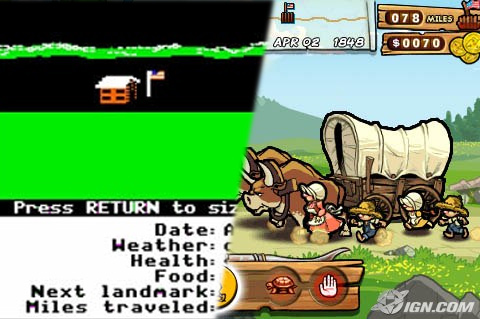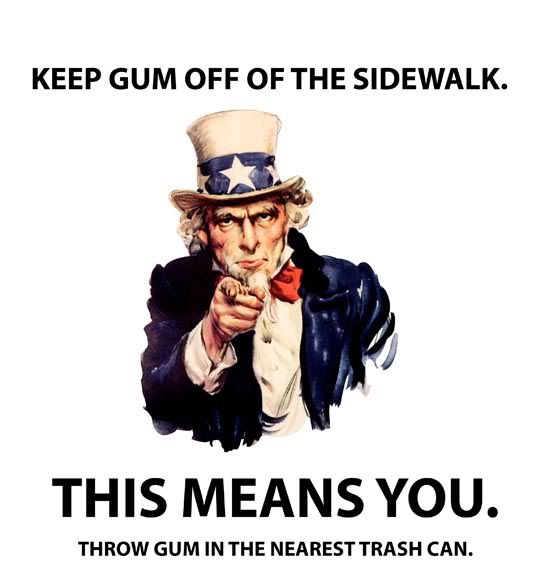Scott Westerfeld loves language. Read Bogus to Bubbly and you’ll see how much effort he puts into creating worlds. I found myself saying “nausea-making” in conversation and realized I had read too much about Tally Youngblood.
I’m reading Behemoth right now and it’s a good follow-up to Leviathan. What I’m noticing, though, is his repeated use of lingo from the time period. In reading a blog post of his about using wordle to judge word choice, I caught on to how I overuse words like “just” or “walked” in my own writing (and offenses from an author whose name rhymes with “Ames Atterson”).
That’s why I’m surprised to see squick, Dummkopf, and barking spiders show up on almost every other page. I’m no Clanker expert, but I’m sure steampunkers have other ways to say words. In Uglies, it was a set of syntax rules. Here, it’s more a short list of vocab words. It doesn’t take too much away from my reading enjoyment, but, as I’m working on a writing project with its own grammar rules, I’m trying to learn for my own nausea-making world-creating.



